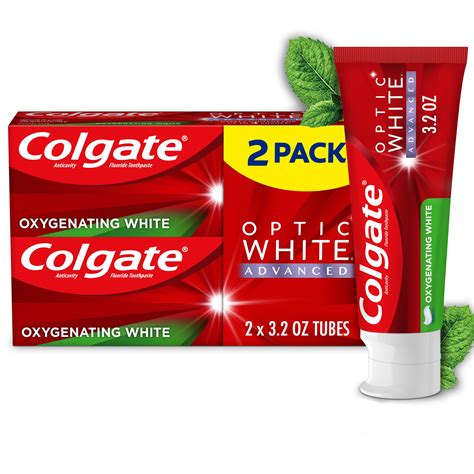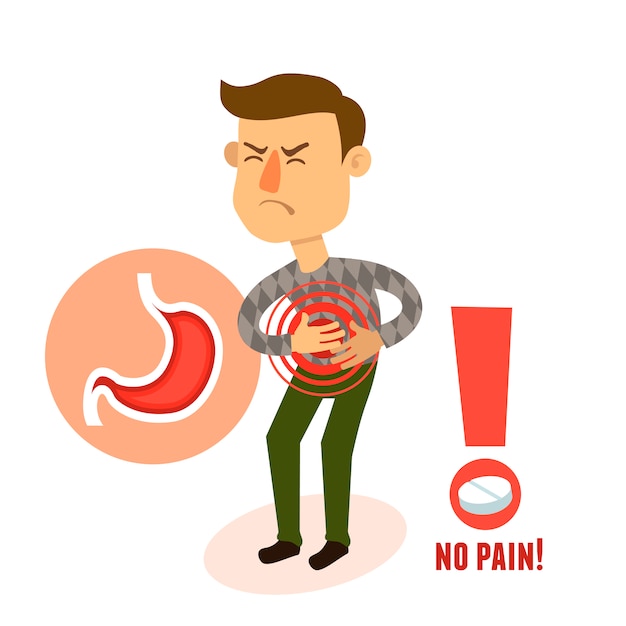Salty Water: Relieves Toothache Pain
The eternal quest for relief from toothache pain has led many down various paths, some more effective than others. Amidst the myriad of home remedies and professional treatments, one simple yet potent solution often goes underappreciated: salty water. This age-old practice, rooted in traditional medicine, has been wielded by our ancestors to combat a variety of ailments, including the dreaded toothache. But what makes salty water so effective, and how can it be harnessed to provide relief from the throbbing pain that can disrupt our daily lives?
Historical Context: Unlocking the Secrets of Salty Water
To understand the efficacy of salty water in alleviating toothache pain, it’s beneficial to delve into its historical context. For centuries, salt has been recognized for its antiseptic and anti-inflammatory properties. In ancient civilizations, such as Egypt, Greece, and China, salt was not only a valuable commodity for preserving food but also a cherished ingredient in medical practices. The use of salty water, in particular, was advocated for its ability to reduce swelling, kill bacteria, and promote healing. This historical backdrop underscores the notion that the application of salty water for toothache relief is not a modern fad but a time-tested remedy.
The Science Behind Salty Water’s Effectiveness
The effectiveness of salty water in relieving toothache pain can be attributed to several scientific principles. Firstly, the high salt concentration in the water helps to reduce swelling in the affected area. When you have a toothache, the surrounding tissue often becomes inflamed, exacerbating the pain. By rinsing your mouth with salty water, you can decrease this inflammation, thereby lessening the pressure on the nerve endings and reducing the pain.
Secondly, salt water has antibacterial properties. Many toothaches are caused by infections, which can be fought off by the saline solution. The salt helps to draw out the fluids from the bacteria, effectively dehydrating and killing them. This not only helps in alleviating the current pain but also prevents the infection from worsening.
Lastly, the simple act of rinsing your mouth with warm salty water can help loosen any debris that might be irritating the tooth and causing pain. This mechanical cleansing, combined with the antimicrobial action of the salt, can provide significant relief.
How to Use Salty Water for Toothache Relief
Implementing salty water as a remedy for toothache pain is straightforward and requires minimal ingredients:
- Mix 1⁄2 teaspoon of salt with 8 ounces of warm water to create a saline solution. The warmth of the water helps in reducing pain and inflammation more effectively than cold water.
- Swish the solution around your mouth, making sure it reaches all areas, especially the affected tooth. This helps in ensuring that the antibacterial and anti-inflammatory effects of the salt are maximized.
- Rinse your mouth thoroughly and repeat the process several times a day, especially after meals and before bed.
Additional Remedies and Professional Advice
While salty water can provide relief from toothache pain, it is essential to understand that it might not address the underlying cause of the pain. Toothaches can be symptoms of more serious issues such as cavities, abscesses, or gum disease, which require professional dental care. Therefore, if your toothache persists or worsens, it is crucial to consult a dentist. They can provide a proper diagnosis and treatment plan tailored to your specific condition.
In addition to salty water, there are other home remedies and practices that can complement dental care, such as maintaining good oral hygiene through regular brushing and flossing, avoiding Sugary foods and drinks, and using desensitizing toothpaste if you have sensitive teeth.
Conclusion
The use of salty water to relieve toothache pain is a testament to the efficacy of traditional remedies in modern healthcare. By understanding the historical context, scientific principles, and practical application of salty water, individuals can empower themselves with a simple yet effective tool against toothache pain. However, it is equally important to recognize the limitations of home remedies and seek professional advice when necessary. In the ongoing quest for health and wellness, embracing both the wisdom of the past and the advancements of the present can lead to a more balanced and informed approach to managing our well-being.
Practical Applications and Future Directions
As we move forward, the integration of traditional remedies like salty water into our healthcare routines can be seen as part of a broader trend towards holistic and preventive care. By combining such practices with regular dental check-ups and good oral hygiene habits, individuals can take proactive steps towards avoiding toothaches and other dental issues. Moreover, ongoing research into the properties of salt and its applications in medicine may uncover even more innovative ways to harness its healing potential, further enriching our arsenal against pain and infection.
FAQ Section
Can salty water prevent tooth decay?
+While salty water has antibacterial properties that can help reduce the risk of infection, it does not replace the need for regular brushing, flossing, and dental check-ups. Preventing tooth decay requires a comprehensive oral hygiene routine.
How often should I use salty water for toothache relief?
+You can use salty water as needed for toothache relief, but it’s recommended to rinse with it 2-3 times a day, especially after meals and before bed. However, if your toothache persists, consult a dentist for proper diagnosis and treatment.
Can I use salty water if I have sensitive teeth?
+Yes, salty water can be beneficial for sensitive teeth as it can help reduce inflammation and kill bacteria. However, if you experience increased sensitivity after using salty water, consider using a desensitizing toothpaste or consulting a dentist for advice tailored to your condition.


